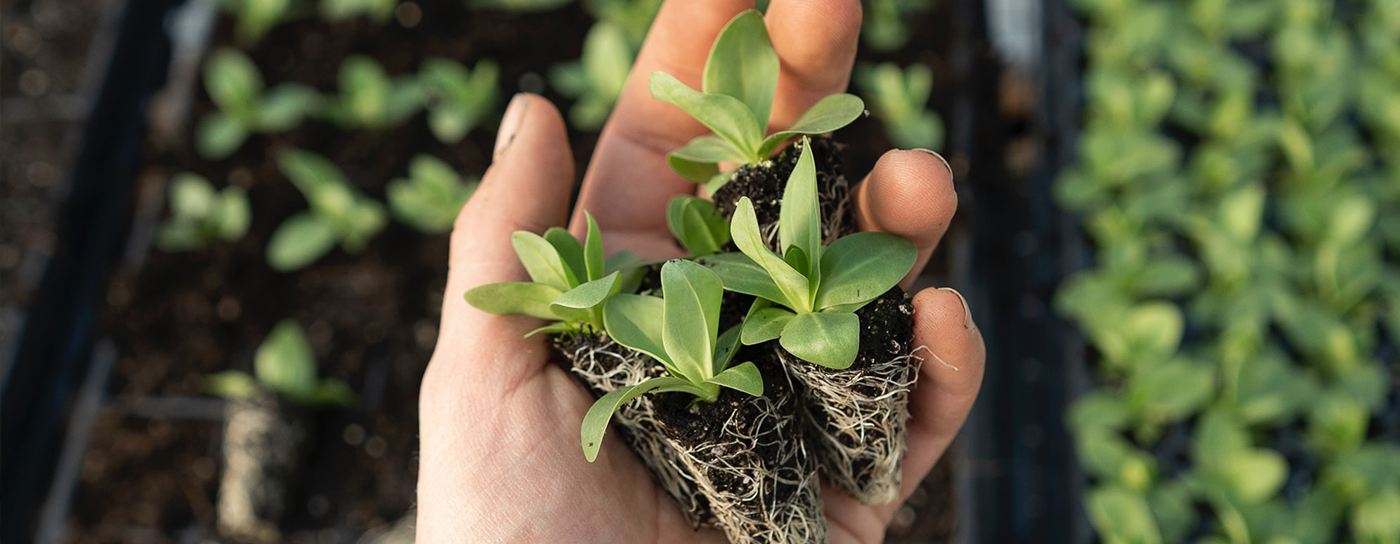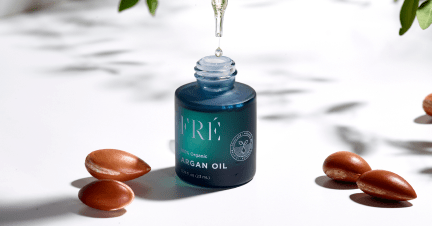Shop All
ABOUT FRE
Meet Argania Active Complex™ (AAC). Our unique patented formula, designed for your active life.
The Importance of Planting Argan Locally
by Lorisa Hasenbush April 04, 2022

Every day, FRÉ works to create excellent skincare products for women who have an active lifestyle and to be a brand that drives social change. We invest in the planet by using clean ingredients in our formulas, by using sustainable packaging, and, most importantly, by planting trees.
With the One Set, One Tree program in partnership with the High Atlas Foundation (HAF), FRÉ plants an argan tree for every set sold. These trees are planted in the Souss Massa region and Essaouira province of Morocco where argan trees are native to the ecosystem.
Mindfulness in planting
Tree planting projects have become a huge trend in the fight against climate change. Businesses, nonprofits and governments have gotten involved in these initiatives and billions of trees have been planted across the globe. On the surface, planting trees seems like a great solution to the environmental damage that takes place every day. Trees provide livelihoods, absorb carbon dioxide, and help ecosystems. Unfortunately, if these projects are not done mindfully, taking into consideration the ecosystem’s needs and the trees’ needs, they can do more harm than help.
If tree planting projects are not done mindfully, taking into consideration the ecosystem’s needs and the trees’ needs, they can do more harm than help.

Benefits of planting the right tree in the right place
Native trees are those that naturally grow in the region. When tree planting projects use native trees, they have a positive impact on many parts of the ecosystem, strengthening the current ecological foundation for animals and people living in the area.
- Climate: Native trees are adapted to the local climate and they will be more likely to survive than other tree species.
- Less water: Native trees understand how to obtain water from the local environment and do not need additional sources of water.
- Low maintenance: Once the native trees are established, they usually require little maintenance. They naturally grow in this region.
- Wildlife: Native trees provide food and shelter for local insects, birds, and small animals. In turn, many of these insects and animals are part of the food chain for larger animals and people in the area.
Dangers of planting trees not native to the area
There are over 58,000 species of trees in the world, but when it comes to tree planting only a tiny fraction of species are widely planted. Nonprofit organizations say that local people want trees that are commercially profitable, such as timber and fruit trees. In addition, most seed banks do not have seeds for local species. No matter the reason, non-native trees can significantly hurt the local ecosystem. These non-native tree initiatives can ruin biodiversity, threaten water resources, and even increase temperatures because, in some cases, trees absorb heat that grasslands or snow would have reflected.
Non-native tree initiatives can ruin biodiversity and threaten water resources.

Making a positive impact with argan
FRÉ wants every tree we plant to have a positive impact on the environment. We plant argan trees in the Souss Massa and Essaouira regions of Morocco, since they originate there. Their history dates back to between 1500 and 2000 years ago and they are part of Morocco’s ecological heritage. After 1998, UNESCO classified Argan trees as a “Bio Reserve” or “World Human Heritage.” Today, citizens of Morocco work with foundations, cooperatives and local associations to promote sustainable environmental development and protect the argan trees from extinction.
Argan trees strengthen the Moroccan desert ecosystem.
FRÉ and HAF work together to plant argan trees. HAF grows the trees in nurseries until they are strong enough to be transplanted to local communities. These argan trees absorb carbon dioxide, improving air quality and decreasing global warming. They also strengthen the Moroccan desert ecosystem, providing food for local animals. In addition, women’s cooperatives care for the trees; they are their sources of livelihood. The women harvest the argan fruit, process the argan oil and sell the oil directly to end users. So the argan trees not only help the environment, but they empower the local women, too.

Leave a comment
Comments will be approved before showing up.






